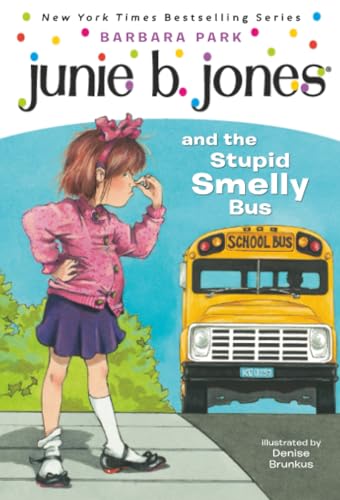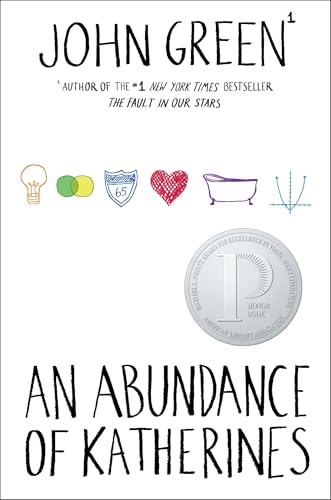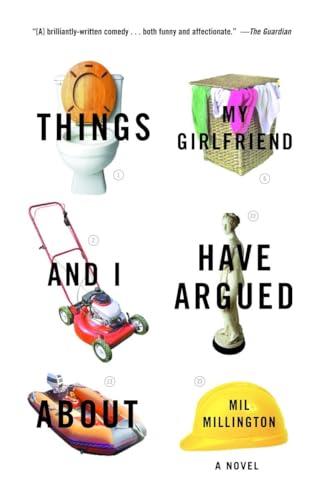1. Helping the Teacher
With class sizes growing and budgets shrinking, teachers need the help of parents more than ever. While you can't present the state-regulated curriculum, any parent can help with building reading skills. If you're good at reading aloud, offer to come in and read to the kids once in a while. Better yet, ask about that state-regulated curriculum and find books at your library that can support it. When my children were studying Native Americans, I brought in folktales to read. How Chipmunk Got His Stripes is one of my favorites. When they learned about insects, I brought in Farfallina and Marcel. You can also use the storytime to bring more depth to issues the teachers don't have time to cover in class. During the 2008 election, I was happy to share Grace for President.
There may be other ways you can help if you're not comfortable being a storytime presenter. Our school had a pull-out program for children who needed a little extra help with reading. Volunteer parents would bring the kids out in the hall for fifteen minutes, select beginning reader books, read along with them, and send the books home for them to practice in the week. This take-home reading program worked very well in giving kids a little extra attention and needed very little training. Volunteer parents also came in on occasion to help the children write stories, to run small book groups, and to prepare materials.
2. Helping Your Child
Other than potty training, I've found nothing that has tested my patience on a continual basis more than the beginning reading stage. There are wonderful successes, often followed by the third laborious rendering of the word then. It can be very frustrating for both of you. So you can help your child by remembering that she will benefit most in her reading growth by mixing up the type of reading she does. Books that are easy for her will reinforce the feeling that reading can be just pure fun. Books that are in her comfort zone will give her confidence of her skills. Books that are a challenge will push her learning to the next level. In fact, while this approach seems somewhat natural for the early reading stage, it applies throughout a person's reading life even to adulthood. It is one of many reasons that kids (and grown-ups) are never too old for picture books. Please don't be one of those parents I see in the library telling their first graders that they can't bring home a "baby book." A better approach is to let that first grader bring home some books that he chooses, and some more challenging books that you choose.
3. Helping Yourself
My last sentence leads nicely to one of the main ways that you can help yourself, and that is to avoid The Reading Game. You know it. It starts with something like, "We can't tear Jacob away from Harry Potter. What is your child reading?" This parental competition starts early ("Lizzie was smiling at us at two weeks) and goes on ("Jamal made All-Stars again!") and on ("Well, Reggie is going to Harvard, but I'm sure that's a good school too."). You'll find the competition in many factors of a child's growth, but verbal skills and reading level seem to dominate. In all my years as a parent, no one has ever asked me if my kids can do long division or sing in tune or climb a tree. But from the first year, I've been asked to compare what words they were saying and then what words they recognized and then what words they were reading until it was all about reading and levels and books.
There is only one way to win this game, and that is not to play. Don't let yourself get sucked into the competition, don't let yourself feel bad, and don't let yourself push your kid based on these conversations. Also, don't let yourself get too proud either, because kids have a way of surprising you. My oldest daughter had a slow start to reading, made methodical progress in first grade, and suddenly made a huge leap in reading level. Now she's looking at Ivy League schools. My younger daughter started reading at four years old and plodded along thereafter. In high school, she's still not much of a reader, yet can memorize scripts almost instantly. My point is that The Reading Game is pretty meaningless anyway, so it doesn't pay to take it seriously.
To be fair, there are a lot of honest exchange between parents about what their kids are doing that is helpful in knowing when to give a little push and when to wait it out. But I trust that you know the difference. One makes you feel connected to another mom or dad, and the other makes you feel like a failure as a mom or dad. Looking for those connections and avoiding those competitions will be one of the best ways that you can help yourself.
Links to material on Amazon.com contained within this post may be affiliate links for the Amazon Associates program, for which this site may receive a referral fee.
























2 comments:
Thanks for a great post, very timely for us right now. My kid can sound out almost anything, and so sounds out EVERYTHING, even words he must have sounded out a hundred times.
Timeless advice, Pam.
So I guess you don't want to hear that my 3 year old chose The Adventures of Tom Sawyer to take with us to a doctor's appointment today ;-) (She did, actually, but only because she likes the feel of the particular edition that we have, I think.)
Post a Comment